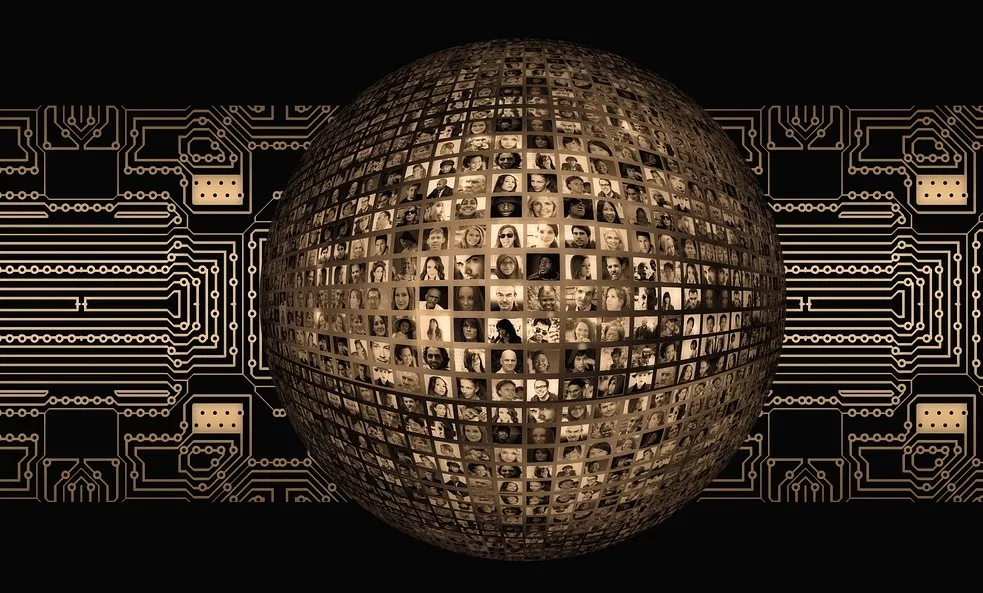It is a bitter irony, isn’t it, that the apparatus heralded as the emancipator of information, the grand democratizer of discourse, and the liberalizer of creativity should also become its own hangman? This is the paradox of the Internet, the enigma of our digital age. An age, we must acknowledge, that has been as much a carnival of free expression as it has been an abattoir of intellectual rigor and cultural depth.
The Internet, to be sure, was once celebrated as the ultimate promethean force, a global commons where media prodigies, these wunderkinds of the digital realm, could cultivate their artistry and audience alike. The promise was tantalizing: a world free from the shackles of traditional gatekeepers, where the sheer meritocracy of talent and creativity would, at last, be the arbiters of success.
Yet, like Icarus seduced by the sun, the Internet’s media wunderkind have ascended too rapidly, too recklessly. The ease with which content could be created and disseminated led to an overzealous rush for recognition and relevance. The result? A digital landscape awash in a deluge of mediocrity, noise replacing the symphony of meaningful discourse. The Internet, a space once heralded for its potential to enrich society, has become a theater of the absurd.
In this fevered race for digital dominance, our wunderkinds traded profundity for popularity, substance for sensation, and depth for the dopamine rush of likes, shares, and ephemeral viral fame. The result is a sad spectacle of self-immolation, a rapid descent into a cultural oblivion where intellectual bankruptcy is masked by the digital pyrotechnics of shock and awe.
Our digital Prometheus, instead of stealing fire from the gods for the benefit of mankind, has now been reduced to hawking the flickering sparks of triviality for the entertainment of an increasingly distracted and disengaged audience. It is a tragic comedy of sorts, a parody of the great promise that the Internet once held.
Yet, in this spectacle, we must also recognize our culpability. We are the audience, the consumers, the enablers. We feed the beast, with our insatiable appetite for the novel, the outrageous, the scandalous. We are the ones who have traded the symphony for the cacophony, the discourse for the diatribe, the profound for the profane.
Our society, our culture, our very notion of what constitutes knowledge and information is being shaped by this digital circus. Our collective consciousness is being molded by the whims of algorithms and the seduction of viral sensationalism. The promise of the Internet as a global commons for intellectual exchange and cultural enrichment is being eroded, replaced by a digital coliseum where the gladiators of triviality are celebrated, and the poets of profundity are cast aside.
This, then, is our digital demise. It is not just the descent of the Internet’s media wunderkind into oblivion, but our own descent, as a society and as individuals, into a digital abyss where the quantity of information supersedes the quality, where sensation supplants sense, and where the fleeting moment of viral fame is prized over the enduring legacy of true intellectual and creative contribution.
